Federal and state law have long prohibited noncitizens from voting in U.S. federal elections. Nonetheless, in a March 25 executive order seeking to tighten election security laws, President Donald Trump included a provision requiring that prospective voters show proof of citizenship to cast a ballot in federal elections. On April 24, U.S. District Judge Colleen Kollar-Kotelly temporarily blocked the provision, ruling that the president likely “lacks the authority” to unilaterally impose the nationwide requirement.
Later that day, White House deputy chief of staff and homeland security adviser Stephen Miller claimed that Kollar-Kotelly’s ruling barred the Trump administration from enforcing laws that make it illegal for noncitizens to vote in federal elections. “It is a CRIME for non-citizens to vote but a single federal judge says President Trump cannot enforce this law,” Miller tweeted. “An act of pure sabotage against citizenry and democracy.”
That is not what Kollar-Kotelly ruled. The president can use executive authority to enforce federal bans on noncitizen voting, but as Kollar-Kotelly wrote in her opinion, that doesn’t permit the president to issue new regulations—without congressional approval—dictating how states conduct elections.
When asked to clarify Miller’s tweet—and explain why he said the ruling prevents Trump from enforcing laws against noncitizen voting—Harrison Fields, White House principal deputy press secretary, told The Dispatch Fact Check, “President Trump will keep fighting for election integrity, despite Democrat objections that reveal their disdain for commonsense safeguards like verifying citizenship.”
As an explainer from the Migration Policy Institute lays out, all states had banned noncitizens from voting by 1924, and Congress added penalties in 1996. Noncitizens face potential federal prison sentences just for registering to vote.
Kollar-Kotelly’s ruling did not stipulate that the president or his Justice Department “cannot enforce this law,” as Miller claimed. Rather, her ruling merely paused a separate provision, requiring proof of documentary citizenship to vote, included in Trump’s executive order.
According to a White House fact sheet, Trump’s executive order “strengthens voter citizenship verification and bans foreign nationals from interfering in U.S. elections.” One provision of this order, Section 2(a), states that an independent, bipartisan agency—the Election Assistance Commission (EAC)—will oversee that states implement documentary proof of citizenship requirements. “Within 30 days of the date of this order, the Election Assistance Commission shall take appropriate action to require, in its national mail voter registration form … documentary proof of United States citizenship.”
Under what authority can the president make such a move? The White House cited two statutory laws: the National Voter Registration Act of 1993 (NVRA) and the Help American Voters Act of 2002 (HAVA). NVRA, which took effect in 1995, established a uniform federal voter registration form for all 50 states. The legislation tasked the Federal Election Commission (FEC) with developing the federal form, created in part to avoid disparities among each state’s voter registration process. In 2002, Congress through HAVA took that responsibility away from the FEC and transferred it to a new agency the legislation created, the EAC. For a change in the federal voter registration to be approved, three of the EAC’s four commissioners would have to sign on.
More than a dozen groups—10 nonpartisan, nonprofit organizations, plus four groups affiliated with the Democratic party—along with Democratic Senate Minority Leader Chuck Schumer and Democratic House Minority Leader Hakeem Jeffries, sued the Trump administration on April 1 and argued the president overstepped the bounds of executive authority. Their core legal claim: neither NVRA or HAVA authorizes the president to require that the EAC implement documentary proof of citizenship qualifications, and the Constitution gives the president no authority to dictate state election processes.
Kollar-Kotelly ruled in a 120-page opinion that “this separation-of-powers argument is substantially likely to succeed on the merits,” and issued a preliminary injunction temporarily blocking the documentary proof of citizenship requirements from taking effect until the court rules on the broader merits of the case.
The Trump administration presented two primary arguments countering the legal challenge brought before them. For starters, the White House argued, the president’s order didn’t instruct or require the EAC to implement the documentary proof of citizenship—rather, it was a mere suggestion. In the administration’s view, the EAC was free to adopt or reject that suggestion, making any legal challenge speculative and bound to fail on the merits. The administration also argued that the president has a constitutional duty to enforce the law, including the security of federal elections. Therefore, in creating documentary proof-of-citizenship requirements, Trump was fulfilling his constitutional duty to ‘take Care that the Laws be faithfully executed.”
Kollar-Kotelly found neither of the administration’s arguments compelling. “First, the President has no constitutional duty to prescribe the content of election regulations,” she ruled. “Second, any restriction on the President’s ability to set the content of election regulation does not impair his ability to ‘take Care that the Laws be faithfully executed.’” To begin, she rejects the White House’s premise that the executive order made no clear requirements, and that any changes were merely speculative. “This account cannot be squared with the plain text of the Executive Order,” Kollar-Kotelly wrote. “In short, there is no mystery about what Section 2(a) purports to require or whether Section 2(a) purports to require it.”
The second argument presented by the administration resembles Miller’s assertion: the law stipulates that noncitizens cannot vote in federal elections, and the president has a duty to uphold that law, so Trump has “plenary authority” to direct the EAC to “enforce the law” by updating voter registration processes. Kollar-Kotelly rejected this argument for two reasons. The first is that the administration first presented this argument at oral hearings. Yet, unless there are “exceptional circumstances,” arguments that are not included in legal briefs and not mentioned until oral arguments are “forfeited.” “The Court could end its analysis of this argument there,” Kollar-Kotelly wrote. But, she explained, even ignoring that legal technicality, the administration’s reasoning is still lacking. The president’s authority to enforce the law does not vest him with lawmaking authority, she noted. In fact, when Congress criminalized noncitizen voting in federal elections, it specified how it expected the executive to enforce the law—through prosecution, not new laws. Trump “has no constitutional duty to set regulations unless instructed to do so by Congress,” Kollar-Kotelly wrote.
Moreover, Congress did not create the EAC to be used as a law-enforcing tool available at the president’s disposal. “The President has no constitutional power over election regulation that would support this unilateral exercise of authority,” Kollar-Kotelly wrote. “The Constitution vests that power in the States and Congress alone.”
While it’s true that Congress did authorize the EAC to oversee a uniform federal form for all 50 states to follow in NVRA and HAVA, neither piece of legislation extended such authority to the president. “Critically, Congress has never assigned any responsibility for the content of the Federal Form to the President or to any other individual in the Executive Branch with the power to act unilaterally,” Kollar-Kotelly explained. “The power to alter the Federal Form is—and always has been—delegated solely to a bipartisan, independent commission with a duty to make changes only ‘in consultation with the chief election officers of the States.’”
If you have a claim you would like to see us fact check, please send us an email at factcheck@thedispatch.com. If you would like to suggest a correction to this piece or any other Dispatch article, please email corrections@thedispatch.com.
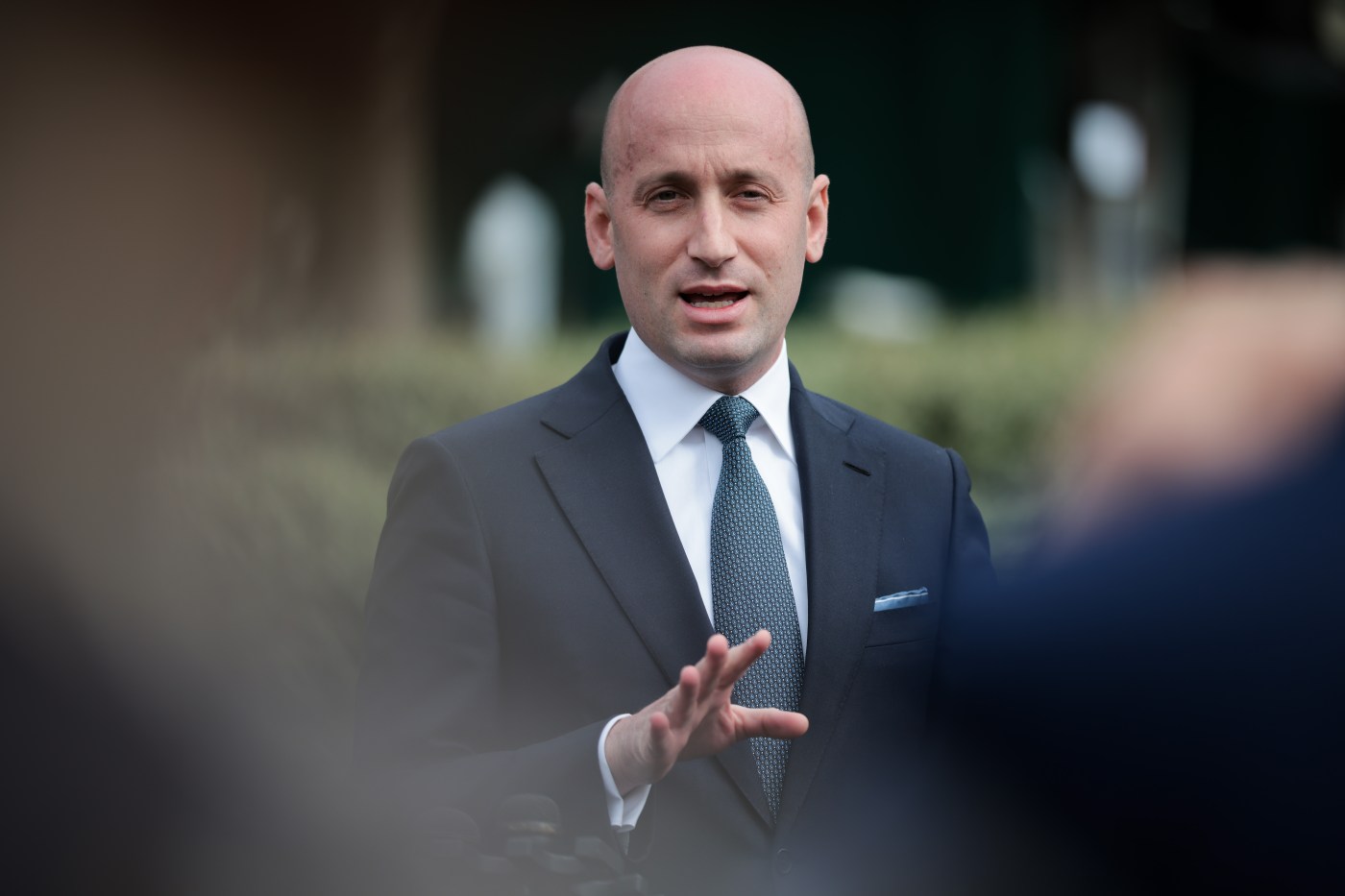

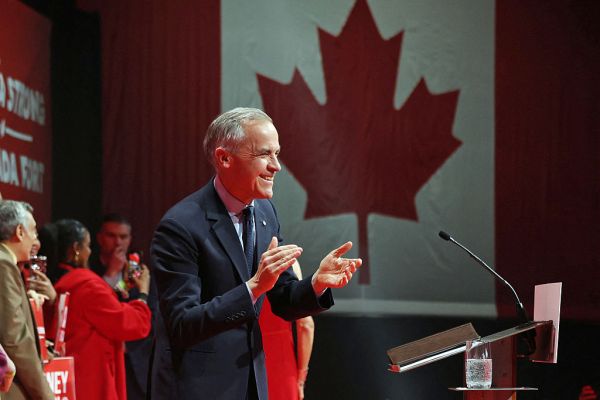
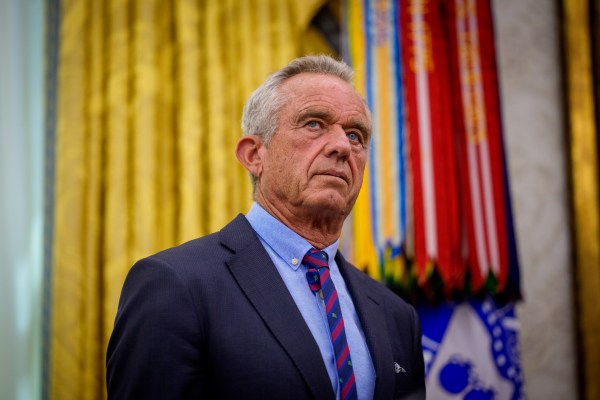
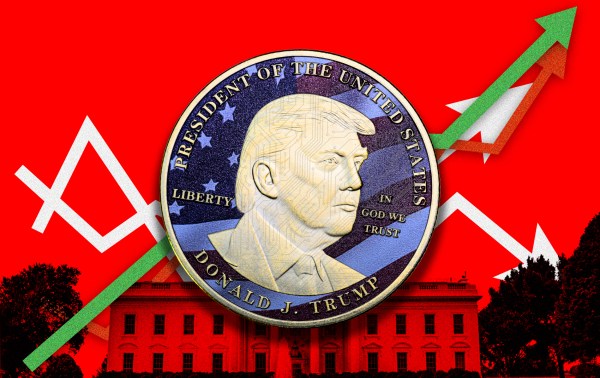
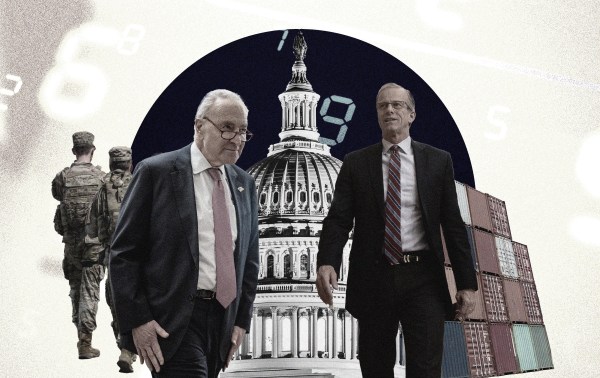
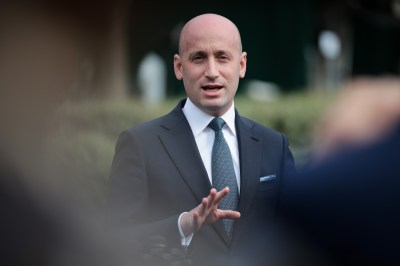
Please note that we at The Dispatch hold ourselves, our work, and our commenters to a higher standard than other places on the internet. We welcome comments that foster genuine debate or discussion—including comments critical of us or our work—but responses that include ad hominem attacks on fellow Dispatch members or are intended to stoke fear and anger may be moderated.
With your membership, you only have the ability to comment on The Morning Dispatch articles. Consider upgrading to join the conversation everywhere.